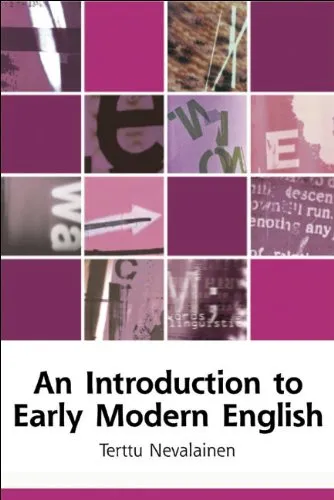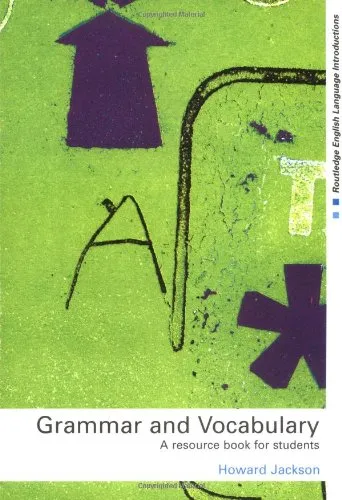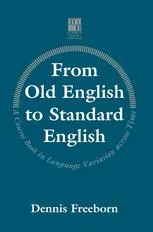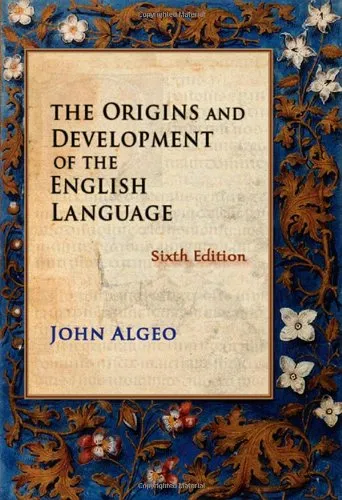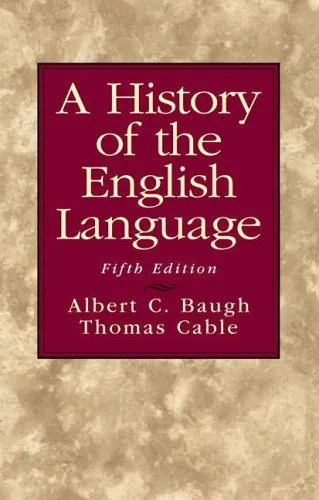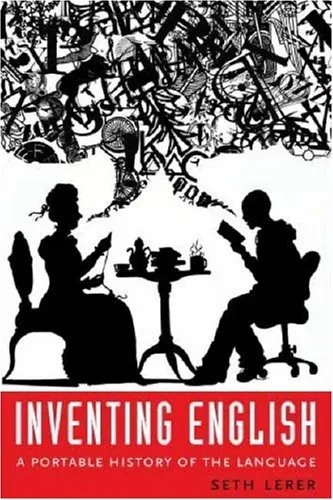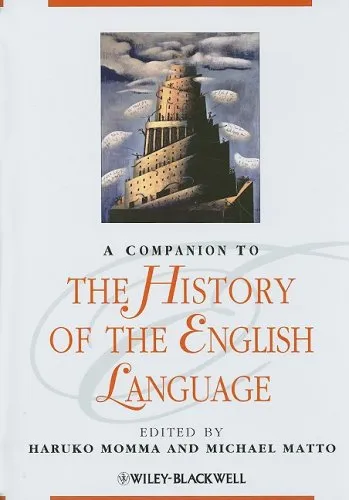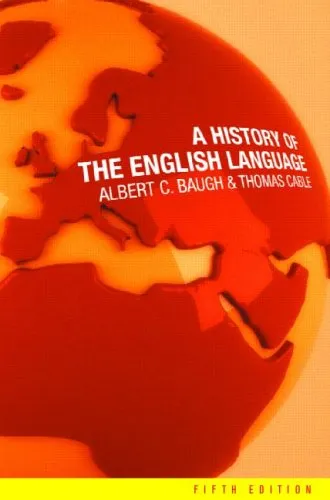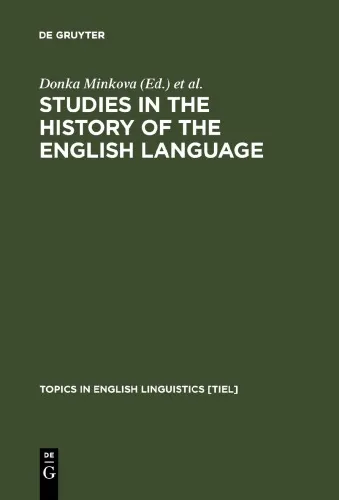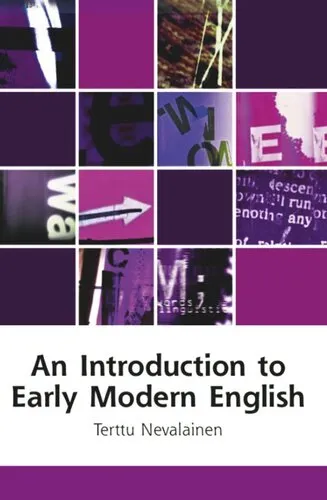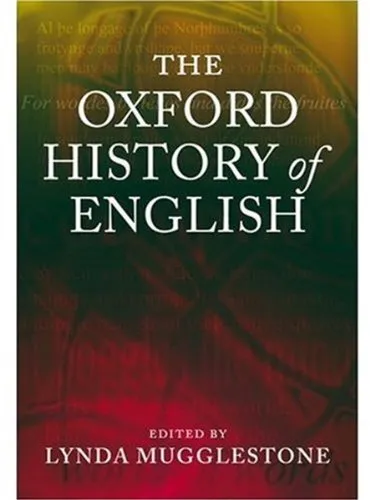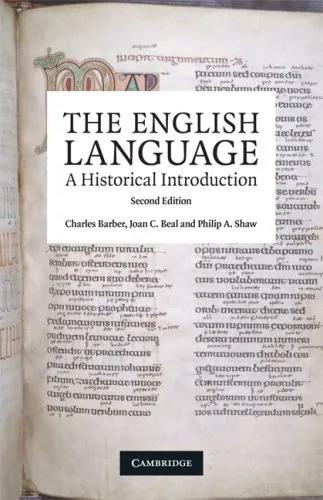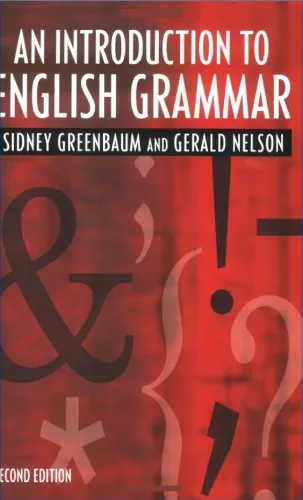An Introduction to Early Modern English (Edinburgh Textbooks on the English Language)
4.7
Reviews from our users

You Can Ask your questions from this book's AI after Login
Each download or ask from book AI costs 2 points. To earn more free points, please visit the Points Guide Page and complete some valuable actions.Related Refrences:
Analytical Summary
An Introduction to Early Modern English (Edinburgh Textbooks on the English Language) offers a rigorous yet accessible exploration of one of the most transformative phases in the history of the English language. Written with scholarly precision and pedagogical clarity, it guides readers through the linguistic developments from roughly 1500 to 1700—a period in which English evolved from a medieval vernacular into a global medium of literature, science, governance, and personal expression.
The text examines phonological, morphological, syntactic, and lexical shifts, contextualizing them within social, cultural, and technological changes of the age. Early Modern English witnessed the standardisation of spelling and grammar, the expansion of vocabulary due to classical and continental influences, and the interplay between spoken and written forms shaped by printing and literacy advances.
This work is not only a descriptive account but also an analytical journey that introduces readers to the methods and findings of historical linguistics. It situates linguistic facts within the broader tapestry of Renaissance, Reformation, and Enlightenment influences, thereby allowing a multidisciplinary appreciation of language change. For academics, professionals, and dedicated students, the book serves both as a reference and as an invitation to deeper inquiry.
Key Takeaways
By engaging with this text, readers gain not only factual knowledge of Early Modern English but also methodological tools for analysing language evolution.
First, the book demonstrates how phonetic shifts, such as the Great Vowel Shift, reconfigured pronunciation patterns, aligning sounds closer to modern usage.
Second, it explains the processes of lexical enrichment through borrowing from Latin, Greek, and other European languages, alongside the coining of new words to accommodate scientific and cultural advances.
Third, it addresses morphological changes, including the gradual loss of certain inflectional endings and the shifts towards fixed word order typifying the syntax of contemporary English.
Fourth, readers encounter sociolinguistic perspectives—how class, region, and profession influenced language development and standardisation.
Lastly, it offers insights into textual analysis, encouraging the close reading of historical documents to discern linguistic trends.
Memorable Quotes
"Language is a mirror to the intellectual and social currents of its time." Unknown
"To study Early Modern English is to engage directly with the origins of our modern linguistic identity." Unknown
"Every shift in usage tells a story about human adaptation and communication." Unknown
Why This Book Matters
Understanding the Early Modern English period is essential for grasping the foundations of contemporary English and for appreciating its historical depth.
An Introduction to Early Modern English (Edinburgh Textbooks on the English Language) is more than a chronology of linguistic changes; it is a framework for interpreting how language responds to innovation, contact, and evolving societal needs. For educators, it provides a clear structure for teaching historical linguistics. For researchers, it supplies a rich base of examples and analyses ready for further exploration.
Moreover, professionals engaged in literature, translation, lexicography, and communications will find in-depth explanations that illuminate the historical layers embedded in modern usage. By bridging the gap between specialist study and broader interest, the book affirms that the story of English is part of the story of human culture.
Inspiring Conclusion
An Introduction to Early Modern English (Edinburgh Textbooks on the English Language) stands as a definitive guide for anyone seeking to understand the linguistic transformations that underpin the modern English we speak today.
Whether you are an academic pursuing historical linguistics, a teacher aiming to enrich your curriculum, or a professional seeking context for the language in your field, this book encourages active engagement. The insights you gain will deepen your understanding of how English has adapted, persisted, and thrived through centuries of change.
Take the next step: read, share, and discuss the ideas within its pages. Let this scholarly yet inviting study be a starting point for your own exploration of the rich heritage and intricate dynamics of English language history.
Free Direct Download
You Can Download this book after Login
Accessing books through legal platforms and public libraries not only supports the rights of authors and publishers but also contributes to the sustainability of reading culture. Before downloading, please take a moment to consider these options.
Find this book on other platforms:
WorldCat helps you find books in libraries worldwide.
See ratings, reviews, and discussions on Goodreads.
Find and buy rare or used books on AbeBooks.
1339
بازدید4.7
امتیاز0
نظر98%
رضایتReviews:
4.7
Based on 0 users review
Questions & Answers
Ask questions about this book or help others by answering
No questions yet. Be the first to ask!
